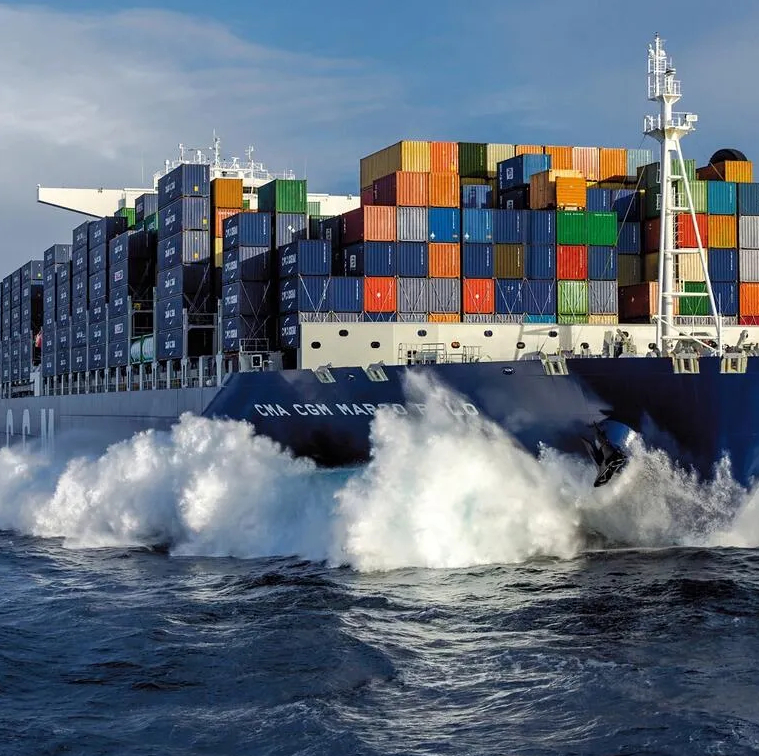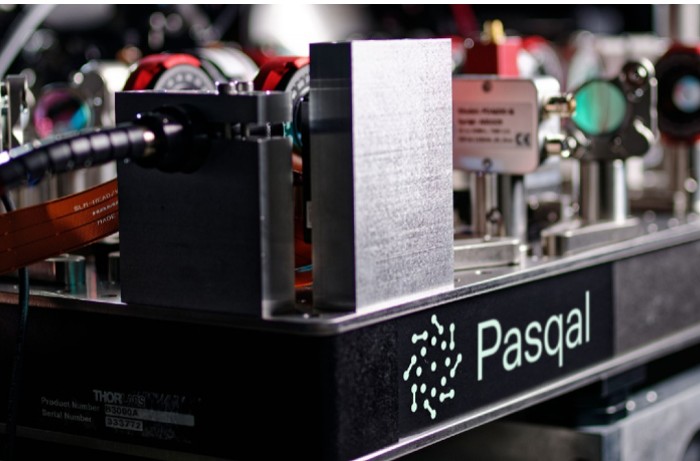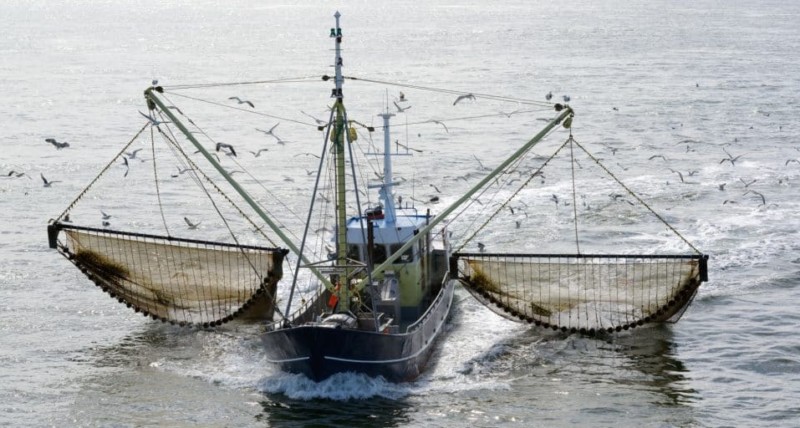French shipping giant CMA CGM is pursuing its strategy of investing in digital innovation, through a partnership with quantum computing start-up Pasqal. The program includes logistics optimization, the creation of a joint laboratory of excellence, team training and a demonstration of French excellence in this field.
If ever there was a complex subject and a major competitive challenge, it’s the optimization of maritime container transport. So much so that French global shipping giant CMA CGM has decided to invest in quantum computing to solve its most sophisticated problems. Without specifying any financial investments or technological exchanges, the Marseilles-based company has announced a partnership with another French company, Pasqal, a start-up specializing in quantum computing.
Rodolphe Saadé’s group lists 4 objectives for this partnership. Firstly, and unsurprisingly, CMA CGM will use quantum technology to find solutions for optimizing logistics operations in general, and container shipping in particular. In its press release, CMA CGM refers to issues of « efficiency, responsiveness and adaptability of transport and logistics to market fluctuations », in particular for « container management, including loading onto ships ».
Container shipping, the bread and butter of quantum physics
The maritime transport of containers would make Rubik’s cube look like a puzzle for 4-year-olds. Optimization issues are numerous and interconnected: choice of route, of course, based on availability, cost, fuel consumption and schedules to be respected, but also scheduling of containers according to loads, customers and deliveries, loading or unloading of goods according to cost and urgency, management of numerous contingencies (climatic events, geopolitical conflicts, accidents, etc.), fluctuating costs, and so on. And yet, optimizing situations involving numerous parameters and potential scenarios is precisely one of the favorite playgrounds of quantum computing. It can handle a far greater number of hypotheses than a conventional supercomputer, in a much shorter time and, not least, with much lower energy consumption.
A joint quantum center of excellence
The second pillar of the partnership between CMA-CGM and Pasqal is the creation of a quantum center of excellence within the Marseilles-based company’s Tangram center of excellence, with access to the start-up’s processor. The logistician’s Tangram center, inaugurated with great fanfare in May 2024 in the presence of President Emmanuel Macron, is a facility for monitoring, testing and training in technologies such as AI, virtual reality, Boston Dynamics Spot robots and augmented simulation models. It is available not only to CMA CGM employees, but also to its ecosystem of start-ups and other companies, whether competitors or not.
CMA CGM wants to put quantum computing to the test in the complex optimization of container shipping. (Photo CMA CGM)

The third objective of the partnership is the acculturation and training of CMA CGM teams, via Pasqal’s e-learning platform. The Tangram center will also be working with the start-up to organize technical presentations and master classes, as well as workshops based on case studies.
As the fourth and final component of the partnership, CMA CGM intends to demonstrate the credibility of a « collaboration between two leading French entities, confirming the potential for synergies in the integration of quantum technologies ». CMA CGM reiterates its commitment to transforming itself, particularly through digital innovation, through partnerships and investments of this kind. It recently became involved in generative AI within the Kyutai laboratory with funds from Iliad and Eric Schmidt, the former CEO of Google. He also contributed to the €385 million fund-raising in December 2023 of French company Mistral AI.
Source: CIO




